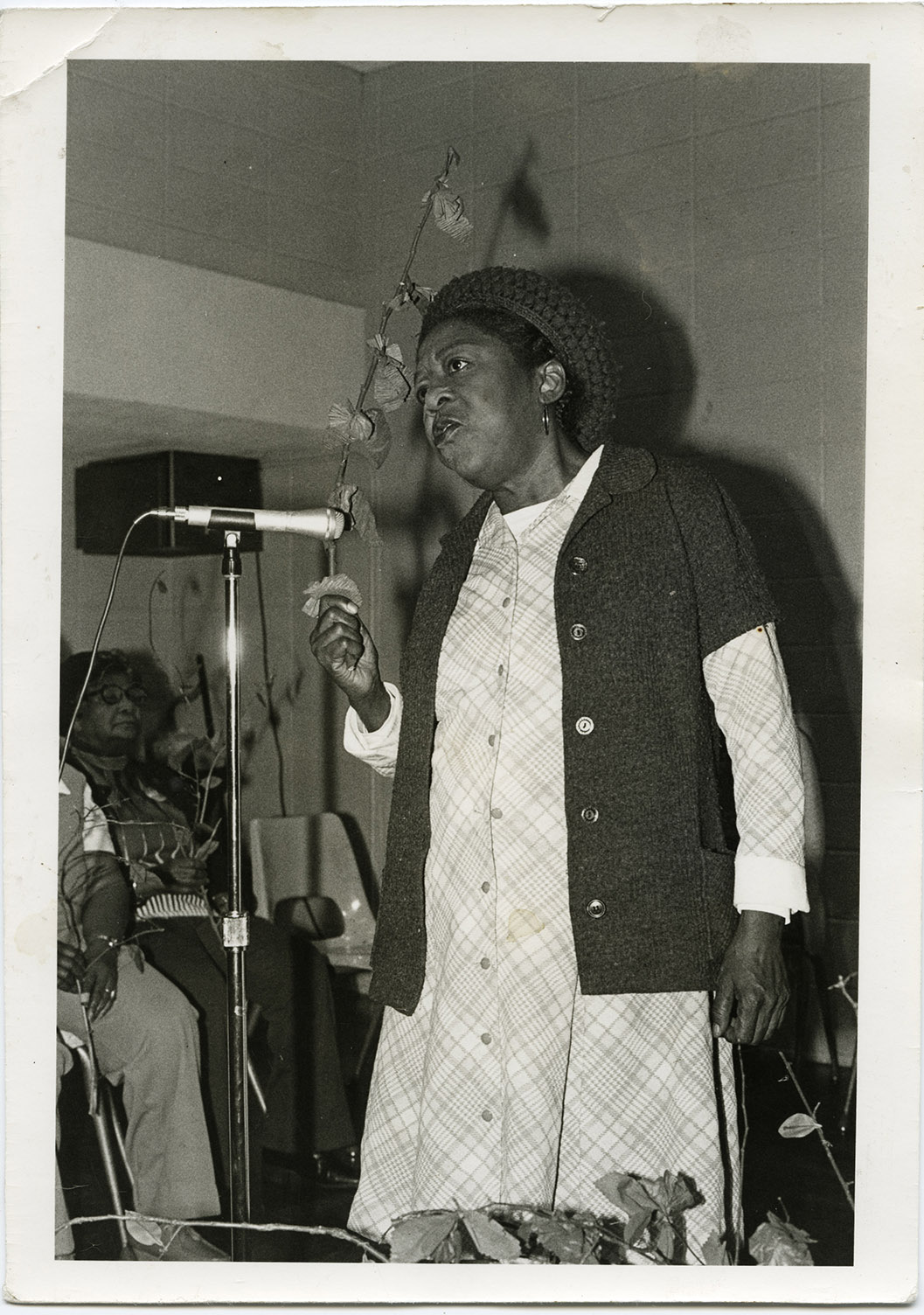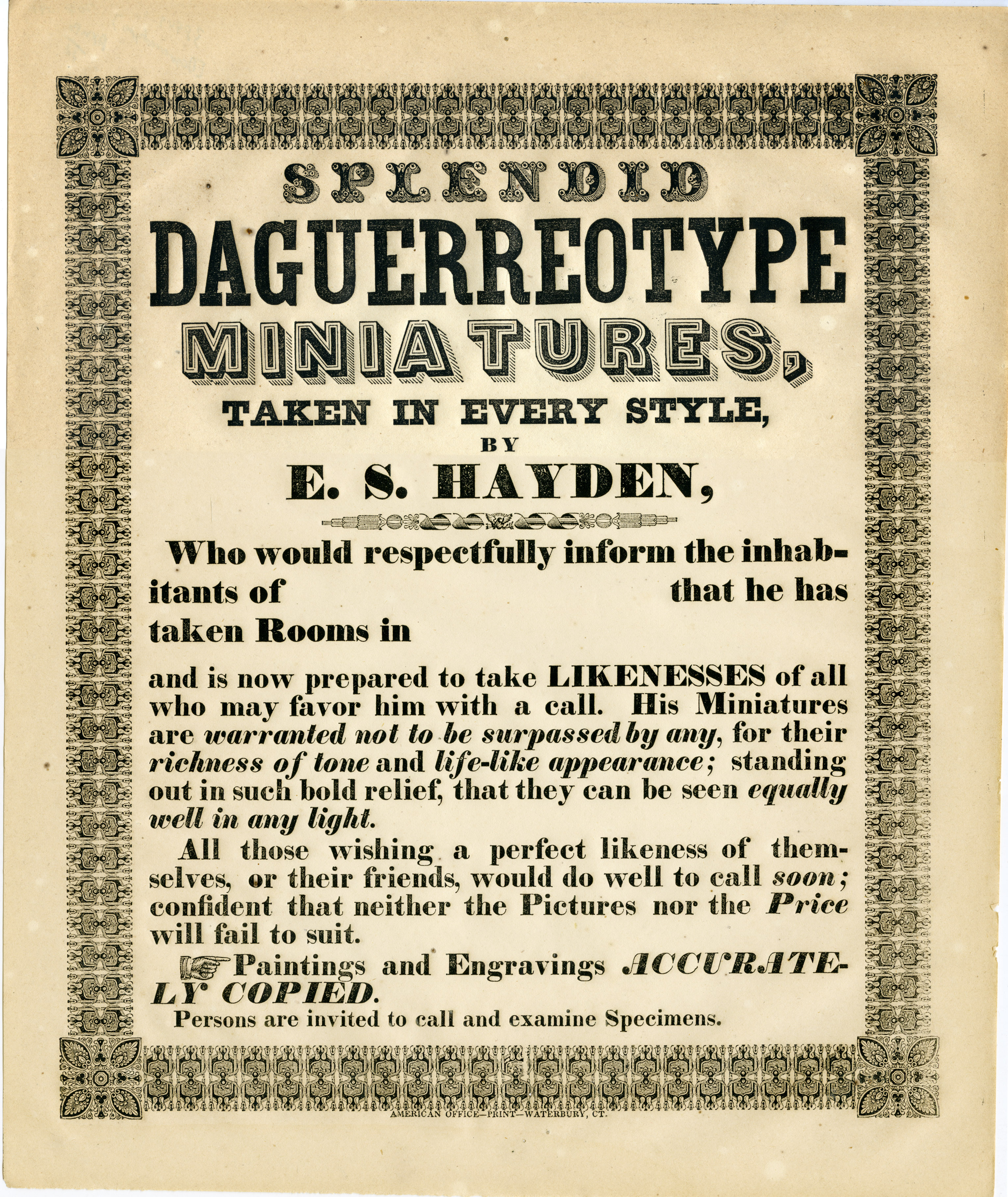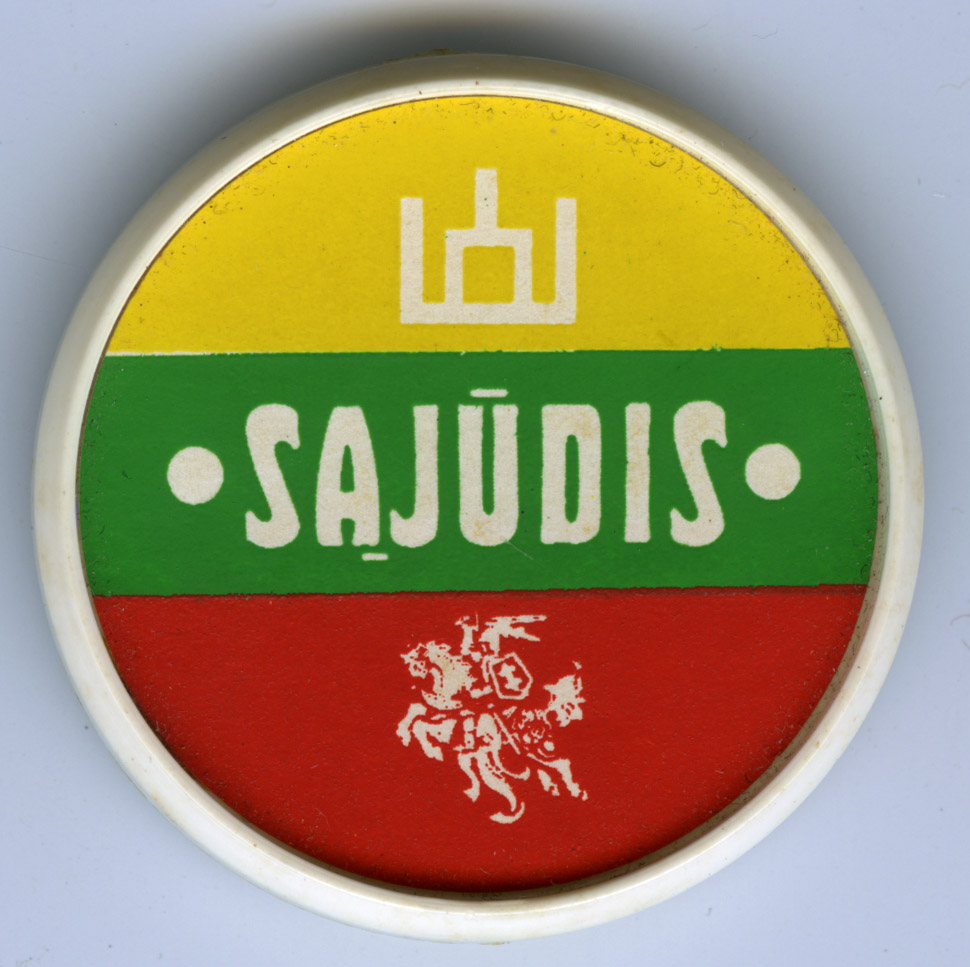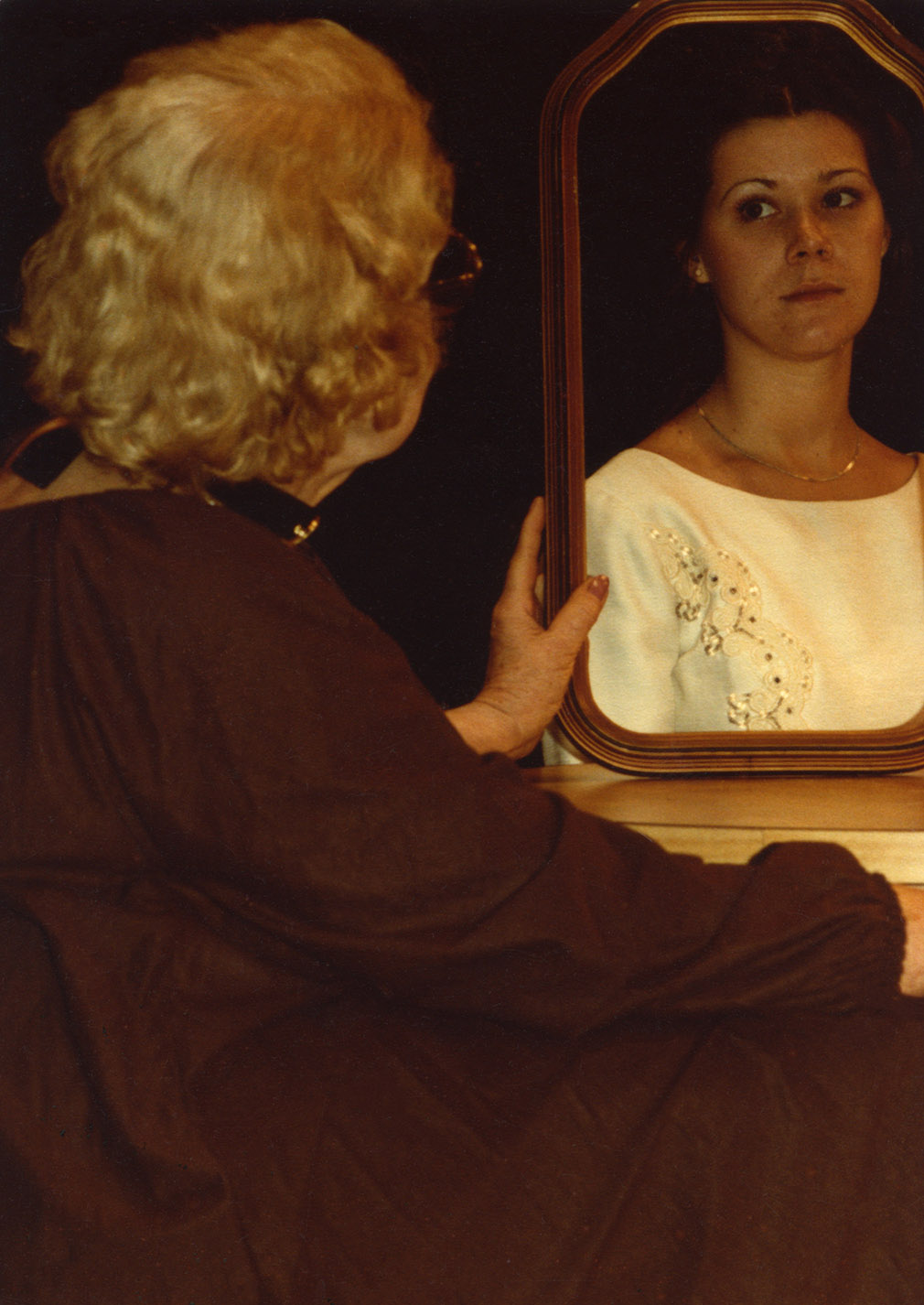North Easton Monthly Meeting of Friends Records
Responding to a concern expressed in the New England Yearly Meeting of the Society of Friends in 1971, Quakers in eastern Massachusetts set out to create an intentional Quakerly community for the care of elder Friends. The first meeting for worship took place in 1977, with the first residents moving in to Friends Crossing in 1979, leading to recognition of North Easton as a monthly meeting under Rhode Island-Smithfield Quarter in 1980. In the following years, however, the reduction in numbers of older members and decline in attenders, led to the decision in 1994 to lay down the meeting.
The records of North Easton Monthly Meeting document the short career of a meeting built around a planned Quaker intentional community. The relatively complete set of minutes is accompanied by a mixed, but useful body of financial records documenting the meeting’s dissolution.




